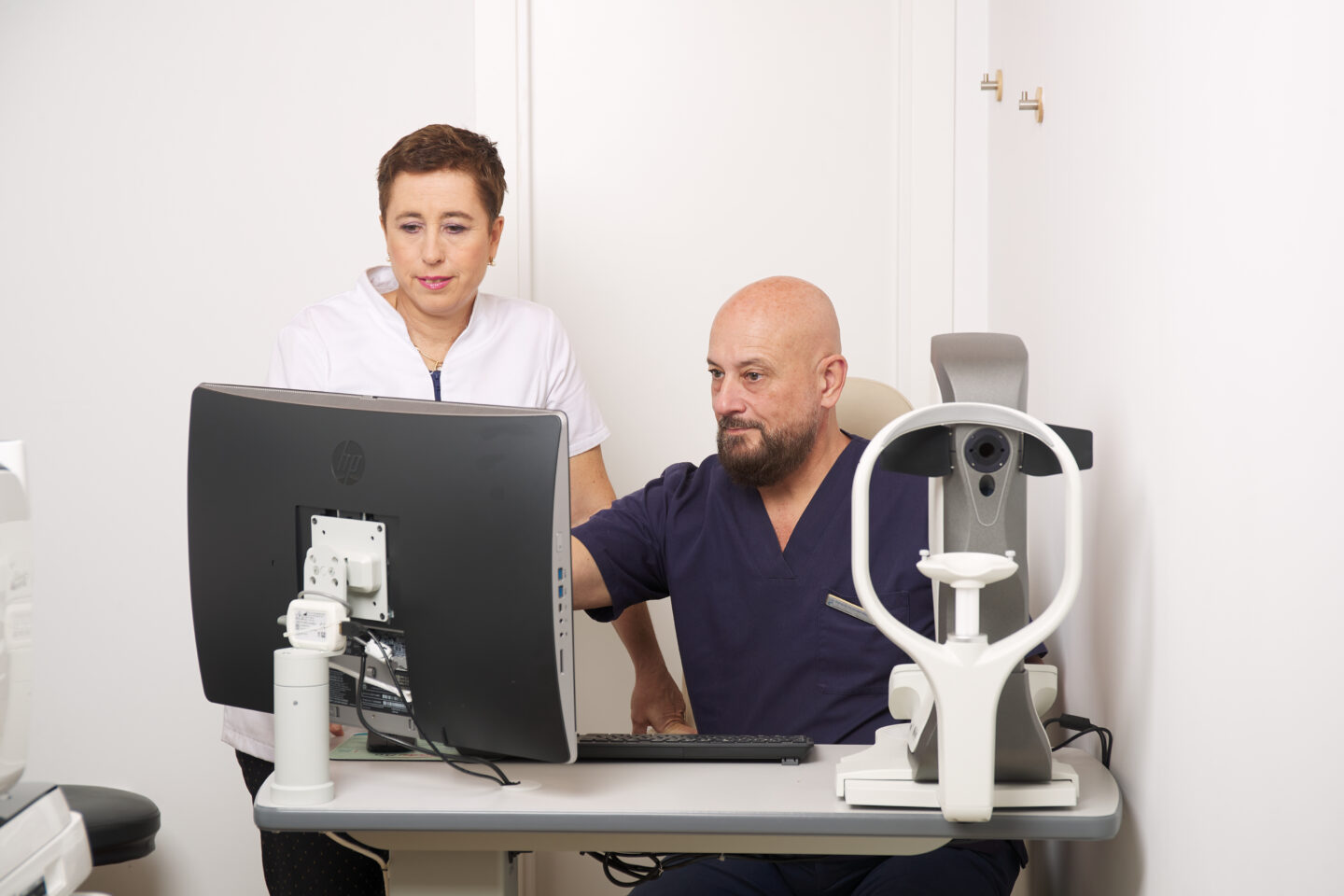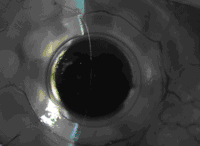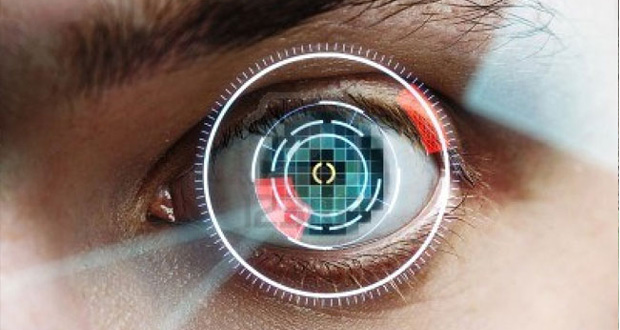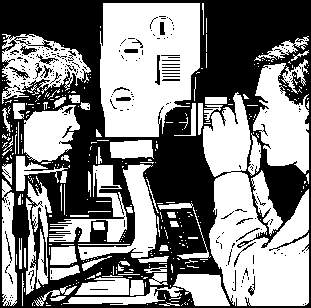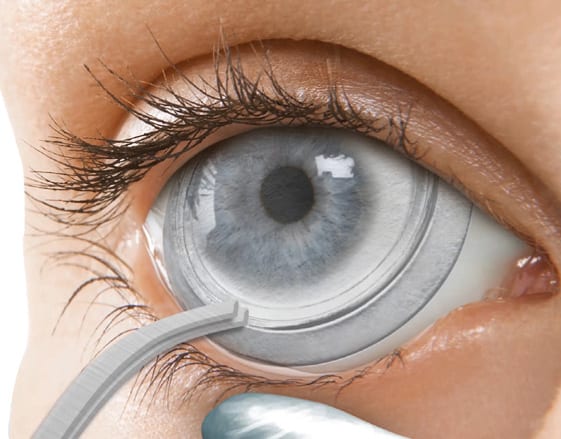Do you want to know more about your Child’s Vision development? Your baby’s eyes will not be fully developed at birth. On the contrary, it will take several years for the eyes to continue growing and maturing and for your child to figure out how to use them. This process is fascinating and fun to watch, but it can also be a source of stress for parents. After all, an infant can’t tell you if something is wrong with his or her vision! Keeping these six things in mind will help you better understand the vision development process.
Child’s Vision Development #1: It starts right away
Vision development begins during the development of the fetus, in utero but does not finish development until several years after birth. The early days, months, and years are crucial for forming connections between the eyes and the brain. These connections grow into core properties and abilities of and related to vision, including focus, color differentiation, and even hand-eye coordination. The American Optometric Association (AOA) recommends infant eye exams at six months of age. These checks help to identify problems early, so you can address or resolve them before your child loses these pivotal development days.
Child’s Vision Development #2: Most kids follow similar development timelines
In most cases, children’s vision will develop along a familiar and predictable timeline. The first six months are mainly about the child’s eyes learning to see color and detail. More advanced vision elements—depth perception, object permanence, and the ability to follow objects—come in the next six months. This first year is the most active time for vision development in a child’s life. However, your son or daughter likely won’t fully develop vision until kindergarten or first grade.
Child’s Vision Development #3. The AOA lays out a schedule for child eye exams
After you bring your child in for his or her six-month eye exam, you won’t need to schedule another one for several years. The AOA recommends a second consultation at three and a third before the child starts first grade. Suppose there’s a reason for your child to have more regular appointments. In that case, your eye doctor can make those recommendations.
Child’s Vision Development #4: Screens may threaten your child’s vision
Studies show that childhood myopia (or nearsightedness) is twice as prevalent today as 50 years ago. Most eye doctors agree that increased screen time for kids has at least contributed to this increase. That’s not to say kids shouldn’t use tablets, TVs, or other screens. Indeed, it can be challenging to keep children away from these objects in most modern households. However, limiting screen time and encouraging your kids to spend time playing outside can do a lot to foster healthy vision development.
Child’s Vision Development #5: You can do things to help your child develop healthy vision
In large part, your child will develop their vision on their own, just as part of the natural cycle of growth, development, and learning. However, there are things you can do to help your child build essential vision skills—especially at younger ages. For instance, painting a baby’s nursery in various bright colors isn’t just fun. Still, it can also help with the development of color vision. Playing peek-a-boo helps with object recognition while moving objects in front of the baby’s eye is great for teaching them how to follow things with their eyes. As the child ages, toys such as balls, blocks, and markers or crayons will help the child build more advanced vision skills.
Child’s Vision Development #6 :There are warning signs you can keep in mind to watch for vision problems
Signs that you might want to visit an eye doctor include crossed eyes, lazy eyes, red eyes, itchy eyes, crust on the eyes, eyes that tend to flutter rather than focus, or eyes that look like they have white or gray in the pupil. These issues don’t necessarily indicate a serious problem, but you should get them checked out just in case.
If you are looking for an eye doctor in Madrid for your infant, toddler, or child, give us a call at Centro Fernandez-Velazquez. We love working with kids and promise to make the process as painless and fun as possible for your child.
